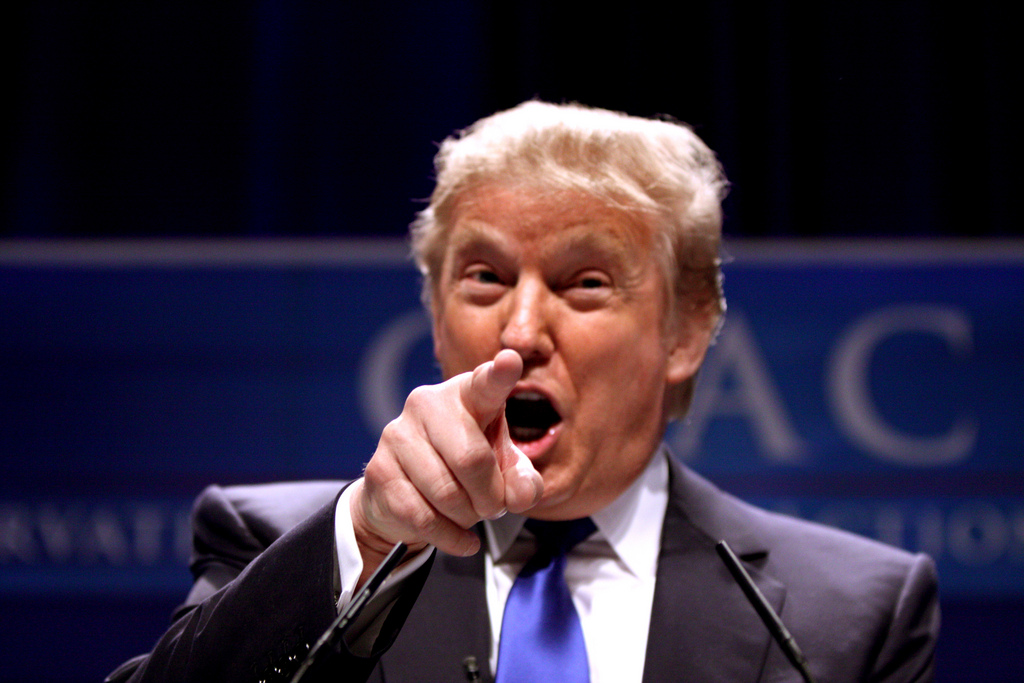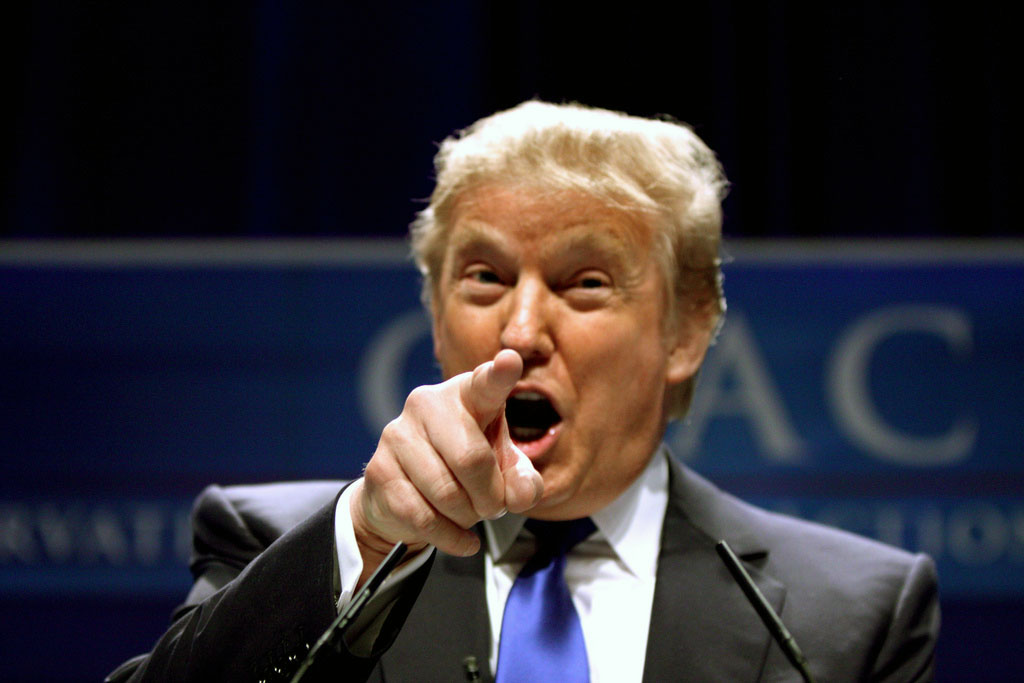
One of the expressions that has cropped up in various analyses of Donald Trump’s foreign policy is ‘humiliation’, whether in the context of Mexico, Iran, Europe, the UN or even for a period North Korea, although his meeting with Kim Jong-un, scheduled for 12 June in Singapore, represents a breath of fresh air. But a blanket policy of humiliation is liable to have dire consequences, not least for the interests of the US itself.
The humiliation bound up in the wall he wants to erect on the border with Mexico, the handling of immigration and especially the “dreamers” (people who reached the US illegally as youngsters and have lived their lives there, contributing to the country’s economy) and the strong-arm renegotiation of the NAFTA treaty may boost the victory prospects of AMLO (Andrés Manuel López Obrador) in the Mexican presidential elections on 1 July, the worst candidate for the US.
The US rejection of the 2015 nuclear deal with Iran (the Joint Comprehensive Plan of Action, JCPOA) is a humiliation for the Iranians who, according to the International Atomic Energy Agency (IAEA), are complying with it to the letter, without thereby giving up their regional geopolitical influence. The latter was strengthened by the ill-conceived US invasion of Iraq in 2003. And more recently the elections in Iraq and Lebanon, and arms in Syria and Yemen, have bolstered Iran’s influence in the region. The Trump Administration –which has not convincingly explained its reason for the decision– now seems to favour trying to bring about regime change in Iran. This is the opposite of Obama, who saw the priority as preventing the nuclearisation of Iran. If the regime were to change by itself it would be with economic improvements. This is the opposite of what Trump seeks with North Korea: denuclearising it in exchange for respecting the regime.
As Nelson Mandela said, ‘There is nobody more dangerous than one who has been humiliated’, something that can also be applied to countries. For the time being, Trump’s decision is strengthening the hardliners in the regime of the ayatollahs and weakening the moderates, starting with the President, Hassan Rouhani. The US may be met by a radicalised regime that returns to the nuclear path, something that will destabilise the region and could lead to war.
In its humility, Europe too has been humiliated by this affair. The efforts expended by Emmanuel Macron and Angela Merkel in Washington have been in vain, even with their willingness to extend the expiry date of the deal (beyond 2025) and its scope (curbing ballistic systems and Iranian influence in the region). France, Germany, the UK, the EU in its own right, plus China and Russia, the signatories with the US of the Iran deal, hope to continue honouring it. Rouhani demands this as a condition for Iran respecting it. But it is by no means clear that the Europeans can, if the renewed US sanctions against Iran affect their trade and investments in that country. A new humiliation is in prospect, joining the sword of Damocles represented by protectionist US measures against European imports. If Europe holds on, however, the Iran deal may give rise to an order that leaves the US on the side-lines, as occurred with the Paris climate agreement. Merkel herself has said that Europe can no longer rely on the US for protection. The idea of the West and transatlantic relations has suffered a serious blow.
The agreement with Teheran was incorporated at the time into a Security Council resolution (which in theory remains in force until a repeal or replacement resolution is passed). The Trump Administration is thus humiliating the UN and the international law it represents. This is clearly of little concern to the US National Security Advisor, John Bolton. In 1994 he stated that demolishing the top 10 floors of the 38-storey UN building in New York ‘wouldn’t make a bit of difference’. Trump is once again helping to undermine the world order that was largely constructed under the leadership of the US after the Second World War. Is Trump a revolutionary in this sense? He would be if he was planning an alternative order. ‘America First’ is not it. It is an attitude, not a strategy. He seems to act without alternatives, both globally –the non-proliferation regime, which while limited has achieved a great deal, is in peril– and regionally, with tensions in the Near East rising. Trump has joined forces with Benjamin Netanyahu and Saudi Arabia, while not wishing to become more committed on the ground, and meanwhile the shadow war between Israel and Iran has started to burgeon in Syria, plus the opening of the US embassy in Jerusalem, a humiliation for the Palestinians, with dramatic consequences.
Elsewhere, the trade ultimatum placed on China by the Trump Administration is –according to Martin Wolf– a humiliation for a sovereign power, because it lays down conditions that no country could accept. The rumblings of a trade war are already to be heard. Trump made a gesture to the company ZTE, which was going to shut down because of the restrictions he imposed. Humiliation is a general tactic he endorsed as a real estate promoter before entering politics.
Trump’s tax reforms have also unleashed destabilising forces outside the US. And the raising of interest rates by the Federal Reserve (not under Trump’s direct control), and the subsequent boost to the value of the US dollar is destabilising many developing economies’ currencies. The first casualty (further handicapped by its internal structural flaws) has been Argentina, which has again gone cap in hand to the IMF. Another humiliation. This is without mentioning the economic repercussions that could be in store for a growing but fragile world economy from an increase in the oil price, stemming from the Iran debacle.
The US has been exercising its leadership since World War II with a combination of auctoritas (authority) and potestas (power). Trump is restricting himself to the latter in a world in which his country continues to be the most powerful, but which has changed.



